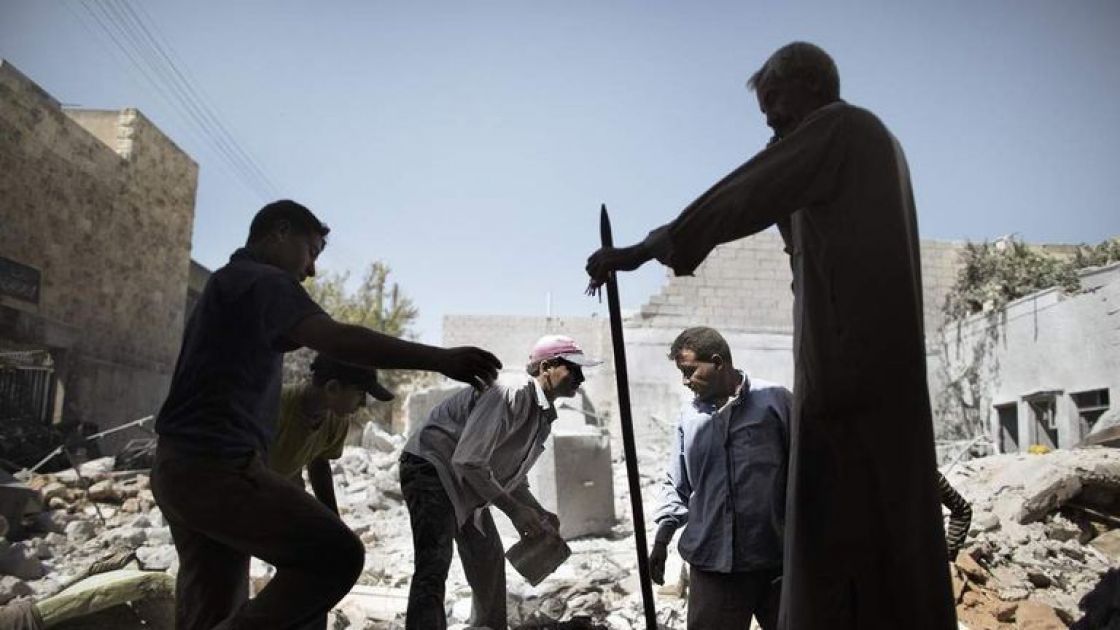- Editorials
- Posted
Would We Open the Lock?
In Kassioun issue no. 924, we said that constitutional reform is the key to the solution. Today, we hold the key in our hands.
Over the past eight years, there have been many opportunities to raise the weight of the Syrians within the solution by living up to the level of the event and dealing with it out of national interest on the basis of a deep understanding of its depth and the depth of the benefits of the required and inevitable change.
During these years, Kassioun have drawn attention to every opportunity to return the solution inward, but the extremists from all sides insisted on deepening the role of the outside and its interventions, and the West in particular, by insisting on refusing to reach consensus and insisting on not responding to the objective need for radical change. Or by adopting only formal changes through which the West wanted to keep the system's backwardness and corruption to a minimum, which would lead to Syria's fragmentation.
A careful reading of the developments in the crisis can come to the following conclusion: The moment of the passage of UNSC resolution 2254 is the moment of the highest internationalization of the Syrian issue, and at the same time a turning point down to the gradual decline of that internationalization by recognizing the principle of the right of the Syrian people to self-determination without external interference.
While the adoption of the principle itself is important, its push for implementation required the creation of the Astana Track, which within three years had realized serious achievements in the fight against terrorism, and reduced violence and fighting to a minimum, so that it became possible to move on to the next step; the political solution.
The Constitutional Committee, formed by Astana's efforts, puts the ball in the court of the Syrians. If the members of the Committee are sufficiently far-sighted and nationally responsible, no one will be able to prevent them from reaching consensus, and at logical pace of advance.
No one from outside will be able to prevent the 45-member mini-committee from meeting on a daily, continuous, and long hours basis, if this committee so decides. Therefore, the method of selecting these members from among the 150 members, as well as the selection of the co-chairs and the rapid identification of the detailed mechanism of work, should take place. All this should be on this basis: on the basis that failure is forbidden, and that consensus among the Syrians is the only way to end foreign interference, to open the way for the Syrian people to self-determination of their future, and even to implement resolution 2254 in all its details with Syrian hands.
What should be clear to all Syrians, and to committee members in particular, is that those who deal with the committee as an option that can be replaced, as in the case of opposition extremists, or as an option to waste time and not reach anything like regime extremists, will not have enough capacity to impose their will. The main aspect of the process of disruption was and remains the Western desire for disruption, which was broken through Astana, and by breaking it would weaken the internal potential of disruption as well.
The formation of the Constitutional Committee, which we called the key to the solution, and the way it was conducted, despite the will of the West and despite of those who are putting obstacles, means that this key is now in the hands of the Syrians, and they must address the responsibility to use this key to unlock the door of the political solution, leading to the full implementation of the UNSCR 2254.
Kassioun Editorial, Issue No. 934, October 07, 2019


